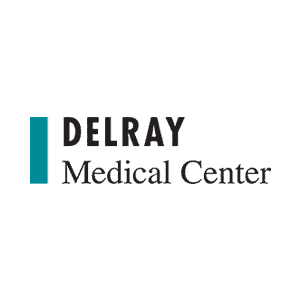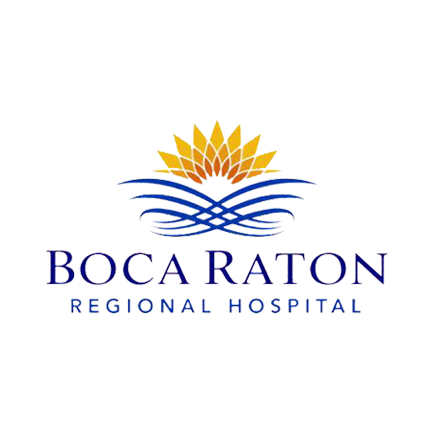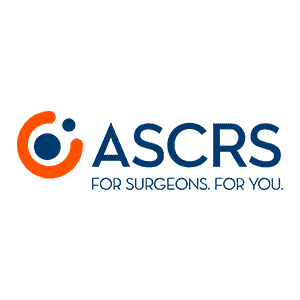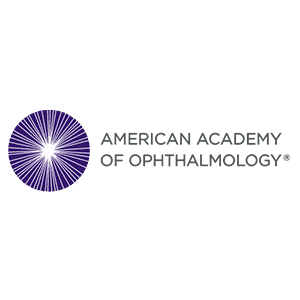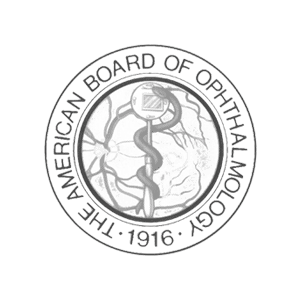Considering the Use of IOLs for Patients with Complex Corneas
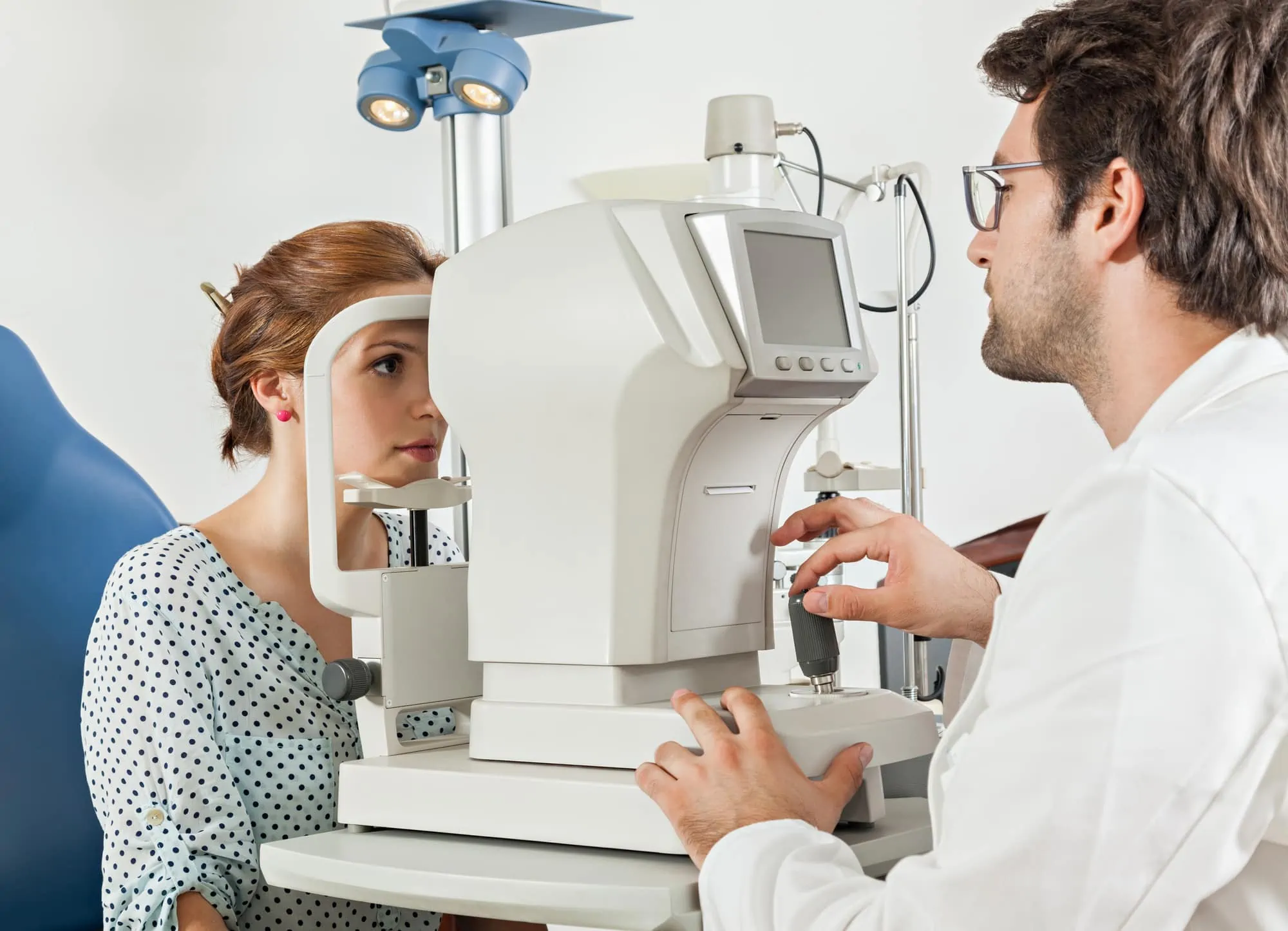
Patients, particularly those who have had a corneal refractive laser procedure for vision correction, are increasingly expressing the wish to free themselves of eyeglasses following cataract surgery.
Refractive Errors After Surgery
Even with proper planning and the use of tools to determine post-refractive surgery IOL effectiveness, residual refractive errors are still common. Otherwise called an intraocular lens, an IOL is an implant used for treating cataracts or myopia (nearsightedness). During the procedure, the lens may either be phakic (left in the eye along with the natural lens), or replaced with a pseudophakic or artificial lens.
If a patient has had LASIK or another procedure involving corneal refractive surgery (CRS), they often present an altered corneal curvature. This may result in certain complications, including ocular surface problems or dry eye, both which make it difficult to opt for IOL therapy for eyeglass independence. Moreover, most of the IOL trifocal options are diffractive, which can result in contrast sensitivity and poor outcomes.
With their corneal and tear film changes, attempting trifocal IOL implantation in such patients may trigger dysphotopic problems and worsen existing distance visual acuity. Furthermore, if emmetropia (a normal refractive state) is not achieved, this patient group is more likely to have postoperative refractive errors (blurred vision). Therefore, their satisfaction with their visual results will be significantly reduced.
A Solution to Refractive Errors and Post-CRS Complications
Non-diffractive extended depth-of-focus (EDOF) lenses, such as the RayOne EMV, may offer a solution. This is especially true in cases involving difficult post-CRS complications. Patients who want greater freedom from eye correction may find what they are seeking without sacrificing their baseline distance vision to any notable degree.
In these cases, a RayOne EMV is a good choice because it offers a greater tolerance to residual refractive errors or ocular surface disorders. By using the lens, eye surgeons can improve the vision so the central positive spherical aberration is neutralized at the periphery of the optic. This means that the patient is less likely to experience poor night vision and allows the lens to tolerate small levels of decentration or shifting.
When discussing IOL options with these patients, doctors explain the nature of their ocular challenges, and then elaborate on why a trifocal IOL may not be the best option. That is why we take special care to address a patient’s desire for eyecare independence. We also discuss that using a trifocal IOL may lead to the need for eyeglasses.
This need may result from refractive conditions that may develop and an increased risk of dry eye. Both these complications make patients vulnerable to dysphotopic issues - common with diffractive lenses. In our office, patients frequently receive excellent functional vision, without the need for eyeglasses for daily activities,thanks to the RayOne EMV with -0.75 D to -1.0D offset.
One Patient Case History
Below is an account of one patient who received RayOne EMV (enhanced monovision) therapy with good results. One male patient, 55 years old, previously received Supracor bilateral treatment to address presbyopia (farsightedness resulting from the loss of elasticity in the lens). He traveled almost 40 miles on a motorcycle between work and home each day.
The patient's preoperative vision level was 30 to 40%. He presented cataracts that affected the center of the lens. The plan here then was to decrease any problems with nighttime visual disturbances while achieving clear near/intermediate vision for daily activities.
His postoperative vision improved to 1.0 D in the dominant eye and 0.8 D in the less dominant eye. He achieved the planned goal of a target refraction of -0.75 D. As a follow-up, the patient stated that he did not require eye glasses for daily activities or reading.
Call Cohen Laser & Vision Center: The Top Eye Care Specialists in Florida
To learn more about advanced vision correction and eyeglass independence, contact Cohen Laser & Vision Center in Boca Raton, Florida. Our practice features the latest therapies in vision care and correction.
We specialize in corneal and LASIK care and the surgical management of glaucoma and cataracts. Call at (561) 981-8400 for more details, or complete the appointment request at the top of this page today.


